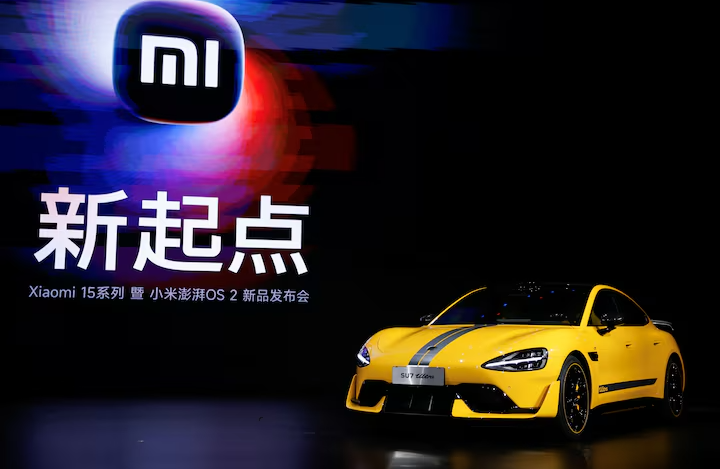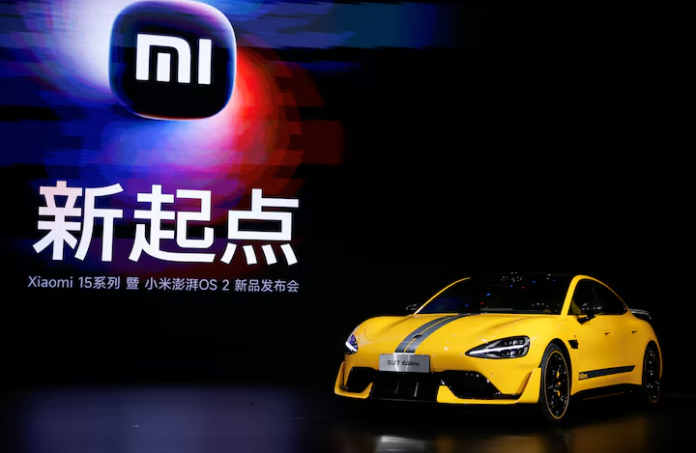China is drawing the line on how carmakers advertise their tech, and it’s a major shift for the electric vehicle industry. Following a tragic crash involving a Xiaomi EV, regulators are banning the use of terms like “smart driving” and “autonomous driving” in ads. Here’s what’s changing and why it matters.
In a significant regulatory move, China’s Ministry of Industry and Information Technology (MIIT) has officially banned automakers from using terms such as “smart driving” and “autonomous driving” when promoting their advanced driving assistance systems (ADAS). The decision comes in response to growing public safety concerns after a fatal accident involving Xiaomi’s SU7 sedan.
The crash, which happened in March 2025, saw the Xiaomi vehicle collide with a roadside pole at 97 kph (60 mph), bursting into flames shortly after the driver disengaged the ADAS and took manual control. The incident sparked nationwide debate about the real capabilities of “smart” driving tech—and how it’s being marketed.
In a closed-door meeting with nearly 60 car manufacturers, Chinese regulators made it clear: the language used in automotive advertising must not mislead consumers into believing they’re buying fully autonomous vehicles. This is especially critical as the industry races to outdo itself in delivering high-tech EVs, often using flashy terms that blur the lines between assisted and autonomous driving.
What’s more, China is tightening its control over how driving software updates are deployed. Automakers are now prohibited from remotely upgrading ADAS features in vehicles already sold to customers—unless they receive explicit regulatory approval. This includes rigorous testing for reliability before any updates can go live.
Major players such as Huawei, which supplies ADAS to brands like Audi in China, were in attendance at the meeting. This move signals a broader shift in how the country wants to govern its rapidly growing electric vehicle market.

China’s EV sector has been booming, with electric and hybrid models accounting for more than half of all vehicle sales by late 2024—much earlier than policymakers expected. However, this rapid growth has triggered challenges like safety risks, overcapacity, and intense price wars. Companies like BYD have been offering ultra-affordable EVs (some under $10,000) packed with so-called “smart” features. Others, including Leapmotor and Toyota, have followed suit.
But now, the Chinese government wants to slow down the arms race and ensure that innovation doesn’t come at the cost of consumer safety. Analysts predict that the new rules might raise development costs and slow the rollout of next-gen driving tech. Still, they say the shake-up could lead to long-overdue industry consolidation and more responsible innovation.
As part of its broader safety push, China is also introducing stricter battery regulations to curb fire and explosion hazards in EVs.
This clampdown might make life tougher for carmakers in the short term, but in the long run, it could be the safeguard the industry—and its customers—desperately need.



